Once a young man hit Town, it was not uncommon for him to rent rooms so that he could do the do. London offered a step above the coaching inn: houses converted into Hotels primed for the influx of the Ton. But where was a fellow to stay? Here is a short review (the research was like pulling teeth!) on some of the Regency England Hotel hot spots.
Jermyn Street housed the Grenier’s Hotel which was close to the heart of fashionable male shopping. Known for housing friends of the Regent, the Grenier’s Hotel was also close to the clubs–a perfect place for the dandy! Considered more fashionable than the Clarendon, Grenier’s was a place for those bent on extravagance.
The Clarendon Hotel was well known for its famous French Chef and a favorite dining spot for gentlemen out from their clubs. Particularly popular among the sporting life types, The Clarendon was the only public place where a genuine French meal could be had from the famous Jacquiers (former servant of Louis XVIII). A life of leisure meant an increasing importance on cuisine, and the French were known to do it right even in the Regency era.
Grillon’s Hotel at 7 Albemarle St. housed Louis XVIII in 1814. Later the Royal Thames Yacht Club, the hotel became a private club (Grillion’s Club) in 1813 when members of Parliament were looking for neutral grounds where politics were left at the door. Grillon’s was popular for dining, as well, and a comfy spot for gents looking for a tamer but polished pillow to lay their head.
Steven’s Hotel in Bond Street was also a fashionable Regency hotel for officers of the army and men about town. Near the Western Exchange, it was not uncommon to see saddle horses and tilburies clustered around the doors of the hotel.
Mivart’s (now Claridge’s) is known as London’s most posh hotel and was founded in 1812 in Mayfair (What an address!). Now housing 203 rooms, the original Regency rooms were situated in five sites of traditional terrace housing. At the corner of Brook and Davies streets, the location could not be beat for visitors to Town and the Season.
As the railways began to crisscross through the Victorian landscape, hotels would become increasingly important to London life. In the Regency era, they served as a stomping ground for gentlemen without a Town home or needing to escape their family lair. It also was a good temporary abode for foreign travelers and families looking to let a place. As the cits began to rise in wealth, the hotel would also serve as their London address while entertaining themselves for a Season.

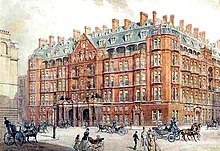


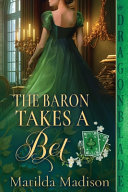

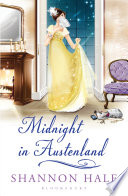
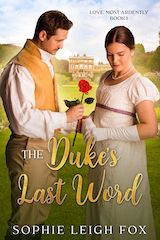
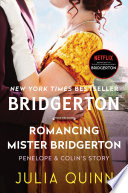




Thank you very much for this insightful post. A silent reader for quite some time now I thought this article so excellent that I simply had to comment on it.
Really interesting post, thank you.
Would love to know how you go about finding all this fascinating information.
Grace x